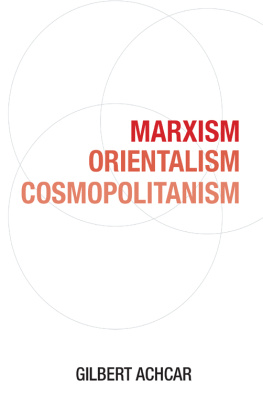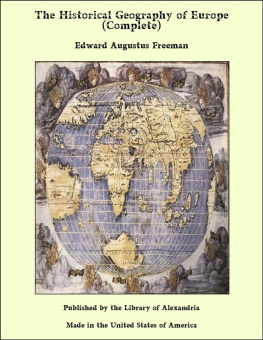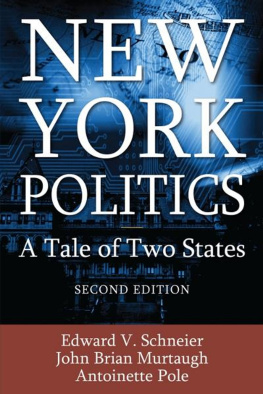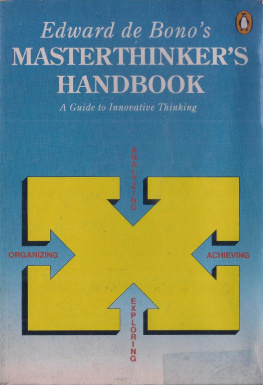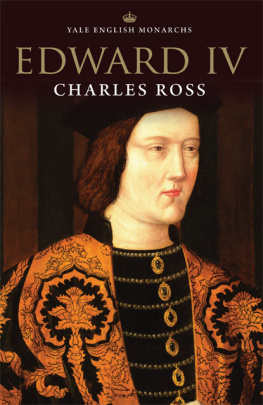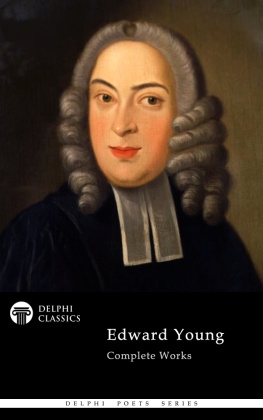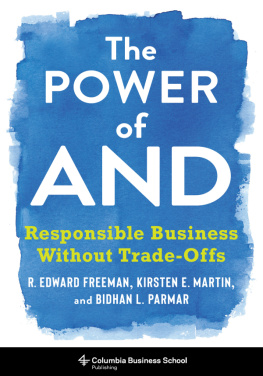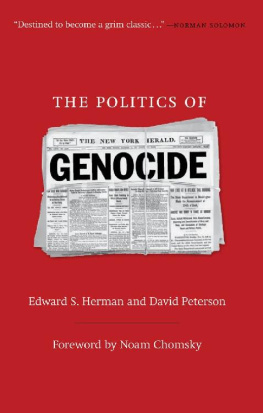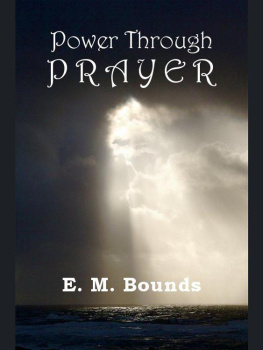Said Edward W. - Power, politics, and culture: interviews with edward w. said
Here you can read online Said Edward W. - Power, politics, and culture: interviews with edward w. said full text of the book (entire story) in english for free. Download pdf and epub, get meaning, cover and reviews about this ebook. City: Middle East;United States, year: 2014;2013, publisher: Bloomsbury_UK, genre: Politics. Description of the work, (preface) as well as reviews are available. Best literature library LitArk.com created for fans of good reading and offers a wide selection of genres:
Romance novel
Science fiction
Adventure
Detective
Science
History
Home and family
Prose
Art
Politics
Computer
Non-fiction
Religion
Business
Children
Humor
Choose a favorite category and find really read worthwhile books. Enjoy immersion in the world of imagination, feel the emotions of the characters or learn something new for yourself, make an fascinating discovery.

- Book:Power, politics, and culture: interviews with edward w. said
- Author:
- Publisher:Bloomsbury_UK
- Genre:
- Year:2014;2013
- City:Middle East;United States
- Rating:3 / 5
- Favourites:Add to favourites
- Your mark:
- 60
- 1
- 2
- 3
- 4
- 5
Power, politics, and culture: interviews with edward w. said: summary, description and annotation
We offer to read an annotation, description, summary or preface (depends on what the author of the book "Power, politics, and culture: interviews with edward w. said" wrote himself). If you haven't found the necessary information about the book — write in the comments, we will try to find it.
Power, politics, and culture: interviews with edward w. said — read online for free the complete book (whole text) full work
Below is the text of the book, divided by pages. System saving the place of the last page read, allows you to conveniently read the book "Power, politics, and culture: interviews with edward w. said" online for free, without having to search again every time where you left off. Put a bookmark, and you can go to the page where you finished reading at any time.
Font size:
Interval:
Bookmark:
Joseph Conrad and the Fiction of Autobiography
Beginnings: Intention and Method
Orientalism
The Question of Palestine
Covering Islam
Literature and Society (editor)
The World, the Text, and the Critic
After the Last Sky (with Jean Mohr)
Blaming the Victims (editor)
Musical Elaborations
Culture and Imperialism
The Politics of Dispossession
Representations of the Intellectual
Peace and its Discontents
The Pen and the Sword
Entre guerre et paix
Henry James: Complete Stories, 18841891 (editor)
Out of Place: A Memoir
The End of the Peace Process
The Edward Said Reader
Reflections on Exile and Other Essays
Parallels and Paradoxes: Explorations in Music and Society
Freud and the Non European

First published in Great Britain in 2001
This electronic edition published in 2014 by Bloomsbury Publishing Plc
Copyright 2001 by Edward W. Said
Introduction copyright 2001 by Gauri Viswanathan
The moral right of the author has been asserted
All rights reserved
You may not copy, distribute, transmit, reproduce or otherwise make available this publication (or any part of it) in any form, or by any means (including without limitation electronic, digital, optical, mechanical, photocopying, printing, recording or otherwise), without the prior written permission of the publisher. Any person who does any unauthorised act in relation to this publication may be liable to criminal prosecution and civil claims for damages.
Bloomsbury Publishing Plc
50 Bedford Square
London
WC1B 3DP
www.bloomsbury.com
Bloomsbury is a trademark of Bloomsbury Publishing Plc
Bloomsbury Publishing, London, New Delhi, New York and Sydney
A CIP catalogue record for this book is available from the British Library
eISBN: 978-1-4088-4623-0
To find out more about our authors and their books please visit www.bloomsbury.com where you will find extracts, author interviews and details of forthcoming events, and to be the first to hear about latest releases and special offers, sign up for our newsletters here.
TO MY CHILDREN,
NAJLA AND WADIE,
THE JOY OF MY LIFE
by Gauri Viswanathan
This collection of interviews covers the years 1976 to 2000, as well as a wide variety of subjects. Except for the first one, which appeared in the Cornell University journal Diacritics and was a written exchange between the editors and myself, all of these pieces occurred, so to speak, in a face-to-face situation. Necessarily then, they reflect the immediacy of such encounters, the back-and-forth, the informal question-and-answer language, the circling around, making, and remaking of a point or argument, the challenge and counter-challenge of interviewer(s) and interviewee. They have been edited first of all by the journals, newspapers, and magazines that conducted the interviews in the first place and where they originally appeared, second by Professor Gauri Viswanathan and Shelley Wanger, third by me. As such then, they are a composite of direct discourse and later clarification. No effort at all has been made by anyone involved to make these interviews seem more writerly. They are therefore principally the records of various occasions, in many different times and places, publications, interviewers (the U.S., Europe, the Middle East, India), and many different situations, moods, and concerns.
Interviews play a role that essays and books do not. Most often in my case, they have arisen as responses to what I have written in my books and articles and, as such, reflect the interests of whoever is conducting the interview. I must say, though, that they have become the steady feature of the life of the publishing teacher and public critic. Wherever I go to lecture or publish a book, I am very grateful that kind and intellectually generous individuals give me the opportunity to answer their questions, on the spot and without preparation. In many ways, interviews are sustained acts of discovery, not only for the person being interviewed but for even the well-prepared interviewer. Thus, it is refreshingly often the case that someone with a long list of carefully written out questions discards the list and proceeds simultaneously and directly to talk to mefrom out of our discussion rather than off a pageand then more discovery often does occur, with results that are usually unpredictable. Every situation therefore reflects a specific set of circumstances, and since I have been involved in the public domain as a political activist as well as an intellectual and scholar, all sorts of challenges arise, which I have tried to meet. In any case, it is my hope that despite their informality and relatively wide-ranging nature, these interviews will also answer to the readers interests and concernsat another time, in another place.
E.W.S.
New York,
March 20, 2001
by Gauri Viswanathan
Few authors today are as prolific as Edward W. Said. The author of almost two dozen books, Said has written on a broad array of topics ranging from literary criticism to Middle East politics to opera, film, and travel. His views, marked by an engaging communicative energy, have reached a wide audience through his publications, articles and books, whether the subject is Joseph Conrad, Richard Wagner, or Palestine and the peace process. He is also the subject of several full-length works and anthologies of critical essays; indeed, there are at least a half dozen publications every year on his work, and books offering critical perspectives on Edward Said have become a growth industry in themselves. So much has been written by and about him that one can be pardoned for asking what new insights a book of interviews can be expected to provide that are not already present in Saids writings or in works about him.
The answer is simple: The interviews Said gave over the past three decades boldly announce that neither his own books and essays nor those written about him have the last word. The first thing to note is not only the number of interviews Said has given, both to print and broadcast media, but also the number of locations in which they took place, spanning Asia and the Middle East as well as Europe and the United States. They confirm his presence on the international stage as one of the most forceful public intellectuals of our time, a man who evokes interest in the general public for his passionate humanism, his cultivation and erudition, his provocative views, and his unswerving commitment to the cause of Palestinian self-determination. Dispersed in numerous publications around the world, these interviews have never before been collected in a single book. Together, they reveal a ceaselessly roving mind returning to earlier ideas in his books and articles and engaging with them anew. One measure of the fluidity and range of Saids thought is his ability to revisit arguments made in his books and essays not merely to defend and elaborate on them but, more important, both to mark their limits and probe their extended possibilities, especially in contexts other than those which first gave rise to them. In other words, Said travels with his ideas as far as they can go, long after they were first articulated, and he applies the same skepticism toward uncritical assimilation of his work as he reserves in general to his now-famous formulation about traveling theory. In the essay of the same name, published in
Font size:
Interval:
Bookmark:
Similar books «Power, politics, and culture: interviews with edward w. said»
Look at similar books to Power, politics, and culture: interviews with edward w. said. We have selected literature similar in name and meaning in the hope of providing readers with more options to find new, interesting, not yet read works.
Discussion, reviews of the book Power, politics, and culture: interviews with edward w. said and just readers' own opinions. Leave your comments, write what you think about the work, its meaning or the main characters. Specify what exactly you liked and what you didn't like, and why you think so.

